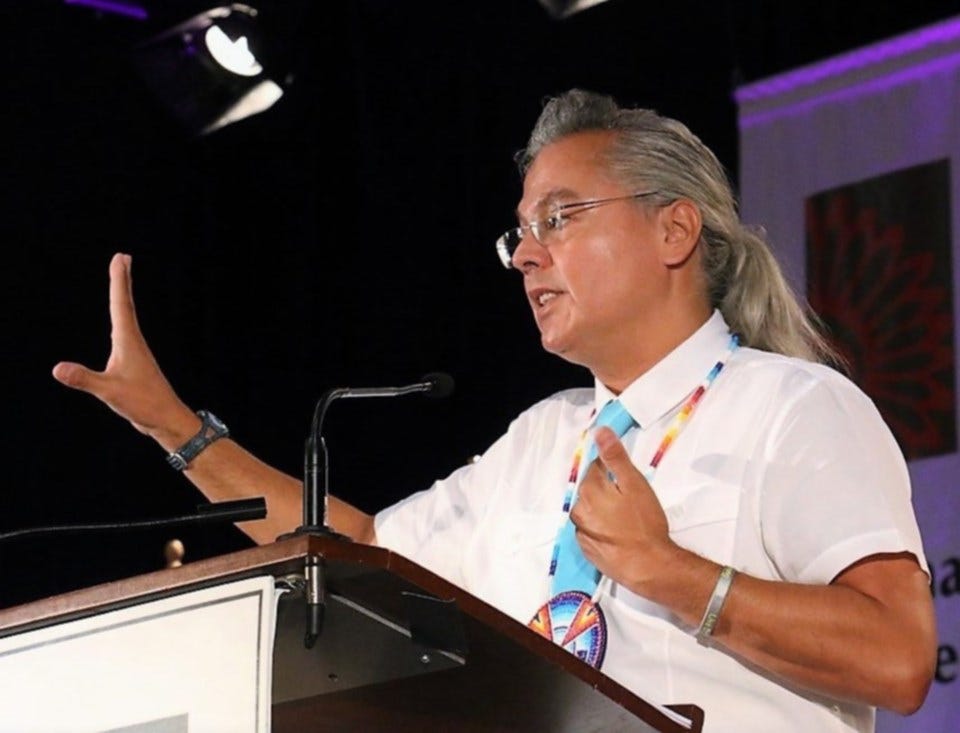Top tribal health advocate steps down as tribes seek IHS advance appropriations
Aaron Payment decides not to move to Washington.
WASHINGTON — Aaron Payment, former chairman of the Sault Ste. Marie Tribe of Chippewa Indians, has announced that he is stepping down as legislative director with the National Indian Health Board (NIHB) after a brief, approximately 5-month tenure.
“With great gratitude and loyalty, I say…
Keep reading with a 7-day free trial
Subscribe to Indigenous Wire to keep reading this post and get 7 days of free access to the full post archives.


